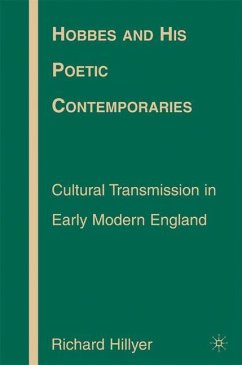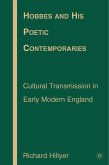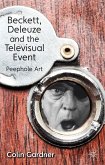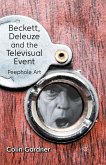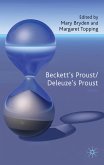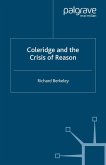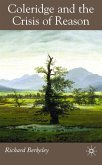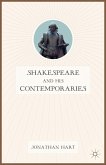'In this highly original book, Hillyer demonstrates that several poets traditionally associated with Hobbes were only superficially influenced by the long-lived philosopher, and brings decisively into Hobbes's orbit a group of poets not normally thought of as drawing from Hobbes. The strengths of Hillyer's work are obvious. He knows more about some of these poets than any living scholar. He moves easily from philosophy to politics to poetry, but operates fundamentally as a sensitive close reader and genial guide to poems not as well-known as they should be. I recommend this book to scholars and student alike." - James A. Winn, Professor and Chair, Department of English, Boston University
"This book is immensely learned and extremely well-written. Hillyer, moreover, is alert to philosophical nuance as well as to political reference. It is, in the best way, interdisciplinary, merging, as its subject does, the concerns of philosophy, politics, society, and literature. Unlike so many literary critics who dabble in early modern history, Hillyer knows the complexities of history as well as a historian. At the same time, he brings a literary critic's sensitivity to the various ways that texts of imaginative literature draw significance from the form and context of their utterance. It isa strikingly original accomplishment.' - Michael Schoenfeldt, Professor of English and Associate Dean for the Humanities, University of Michigan; Author of Bodies and Selves in Early Modern England and Co-Editor of Imagining Death in Spenser and Milton (Palgrave Macmillan, 2003)
"This book is immensely learned and extremely well-written. Hillyer, moreover, is alert to philosophical nuance as well as to political reference. It is, in the best way, interdisciplinary, merging, as its subject does, the concerns of philosophy, politics, society, and literature. Unlike so many literary critics who dabble in early modern history, Hillyer knows the complexities of history as well as a historian. At the same time, he brings a literary critic's sensitivity to the various ways that texts of imaginative literature draw significance from the form and context of their utterance. It isa strikingly original accomplishment.' - Michael Schoenfeldt, Professor of English and Associate Dean for the Humanities, University of Michigan; Author of Bodies and Selves in Early Modern England and Co-Editor of Imagining Death in Spenser and Milton (Palgrave Macmillan, 2003)

